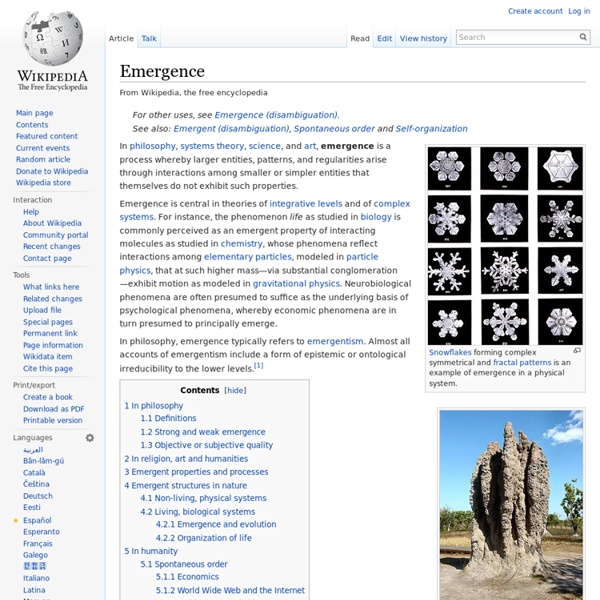Emergence Theory Overview – Quantum Gravity Research
Emergence Theory A Theory of Pixelated Spacetime and of Reality as a Quasicrystalline Point Space Projected From the E8 Crystal For a written and video overview in layperson terms, please click here. Quantum Gravity Research is working on a graph-theoretic approach to quantum gravity and particle physics operated on a graph-drawing space – a moduli-space type point space called a quasicrystalline “possibility space”.
How Science Turned a Struggling Pro Skier Into an Olympic Medal Contender - Wired Science
Saslong.org/R.Perathoner Steven Nyman is poised at the starting gate, alert, coiled, ready. A signal sounds: three even tones followed by a single, more urgent pitch, sending Nyman kicking onto the Val Gardena downhill ski course. He pushes five times with his poles, accelerating as quickly as possible, stabbing the snow frantically. He skates forward with abbreviated strokes, neon green boots moving up and down, his focus on building as much momentum as possible. Nyman is feeling good.
Emergent Properties
First published Tue Sep 24, 2002; substantive revision Tue Feb 28, 2012 Emergence is a notorious philosophical term of art. A variety of theorists have appropriated it for their purposes ever since George Henry Lewes gave it a philosophical sense in his 1875 Problems of Life and Mind.
Emergence
If we were pressed to give a definition of emergence, we could say that a property is emergent if it is a novel property of a system or an entity that arises when that system or entity has reached a certain level of complexity and that, even though it exists only insofar as the system or entity exists, it is distinct from the properties of the parts of the system from which it emerges. However, as will become apparent, things are not so simple because “emergence” is a term used in different ways both in science and in philosophy, and how it is to be defined is a substantive question in itself. The term “emergence” comes from the Latin verb emergo which means to arise, to rise up, to come up or to come forth.
The bacteria that turns water into ice
Meet Pseudomonas syringae, a bacterium that causes disease in plants and helps make snow machines work. It all has to do with ice nucleation — the process that forms ice crystals in the atmosphere and, thus, snow. You probably know that raindrops and snowflakes form around something. There's always a central nucleus that serves as the backbone of the water molecule structure. Usually, when people talk about this process, they use soot or some other kind of particulate matter as the example of what a nucleus can be. But bacteria can also become the nucleus of a snowflake.
Emerging technologies
An emerging technology (as distinguished from a conventional technology) is a field of technology that broaches new territory in some significant way, with new technological developments. Examples of currently emerging technologies include educational technology, information technology, nanotechnology, biotechnology, cognitive science, robotics, and artificial intelligence.[1] New technological fields may result from the technological convergence of different systems evolving towards similar goals. Convergence brings previously separate technologies such as voice (and telephony features), data (and productivity applications) and video together so that they share resources and interact with each other, creating new efficiencies. History of emerging technologies[edit] In the history of technology, emerging technologies[3][4] are contemporary advances and innovation in various fields of technology.
Emergent Properties
1. A Brief History British emergentists of the late-nineteenth and early-twentieth centuries may not have been the first to embrace emergentist ideas (Caston 1997 provides evidence that Galen was an emergentist), but they were certainly the first to work out a comprehensive emergentist picture. Much of the defense of emergentism in this era was centered on chemistry and biology. The question was whether or not the constitutive principles and features of these sciences were reducible to those of the corresponding ‘lower level’ sciences of physics and chemistry, respectively. 1.1 J.S.
Is the Universe a Simulation?
Photo Gray Matter By EDWARD FRENKEL IN Mikhail Bulgakov’s novel “The Master and Margarita,” the protagonist, a writer, burns a manuscript in a moment of despair, only to find out later from the Devil that “manuscripts don’t burn.” While you might appreciate this romantic sentiment, there is of course no reason to think that it is true. Nikolai Gogol apparently burned the second volume of “Dead Souls,” and it has been lost forever.



